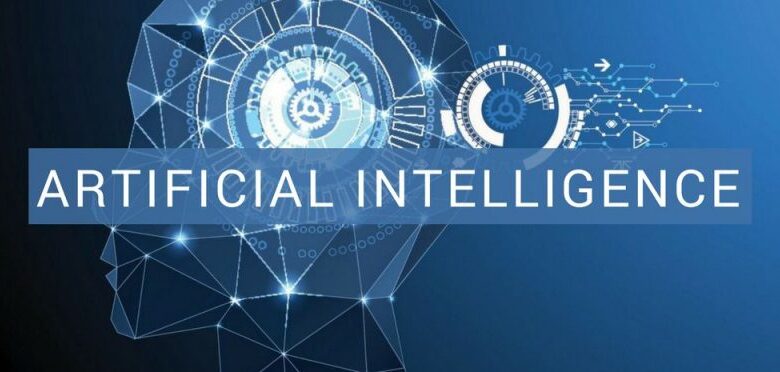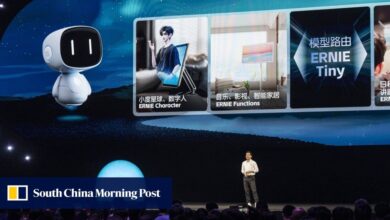‘Generative AI can transform African industries’

Closing the adoption gap for generative artificial intelligence could unlock significant benefits for African industries, a data scientist has said.
Speaking at the Deep Learning IndabaX Nigeria 2024 conference in Abuja, recently, the lecturer at the University of Lagos, Dr Roselyn Isimeto, emphasised the transformative potential of Gen AI for the continent’s businesses.
“Adopting Gen AI can help African companies leverage this cutting-edge technology to drive profitability and innovation,” Isimeto said in a statement.
Generative AI refers to artificial intelligence systems designed to generate new content based on the data they have been trained on.
This can include creating text, images, music, videos, and more. Unlike traditional AI, which typically analyzes or classifies data, generative AI produces new, original outputs.
The university don highlighted the role of Gen AI in achieving the United Nations’ Sustainable Development Goals, which were adopted in 2015 to foster global peace and prosperity.
Additionally, she said the lack of adequate Gen AI skill sets and local datasets remained a challenge, stressing that building those data-driven applications required data because it is the fuel that drives the innovations.
“No data, no innovation,” she declared.
Isimeto highlighted numerous business sectors that could benefit from Gen AI, including marketing and advertising for content creation and personalized marketing copy, customer service through conversational agents and sentiment analysis, and finance and banking for document generation and fraud detection.
In healthcare, Gen AI can aid in medical diagnostics, treatment planning, drug discovery, and enhanced patient care and support.
The media and entertainment industry could use it for music and video generation and image enhancement, while the education sector could benefit from personalised learning experiences and empowering educators.
Other sectors poised to gain from Gen AI include agriculture, legal, real estate, manufacturing, retail, energy, human resources, and fashion, the data scientist listed.
Isimeto equally cited an instance with a case study of building a Large Language Model application, pointing out that it involved several steps, “from understanding your requirements to deploying the application”.
“By following the steps, you can build a robust LLM application tailored to your specific needs,” the don noted.
Isimeto further did a practical demo to help participants learn how to start building Gen AI applications.
To close the adoption gap, Isimeto advised organisations to consider innovating their products, processes, business model, service, marketing innovation, etc.



